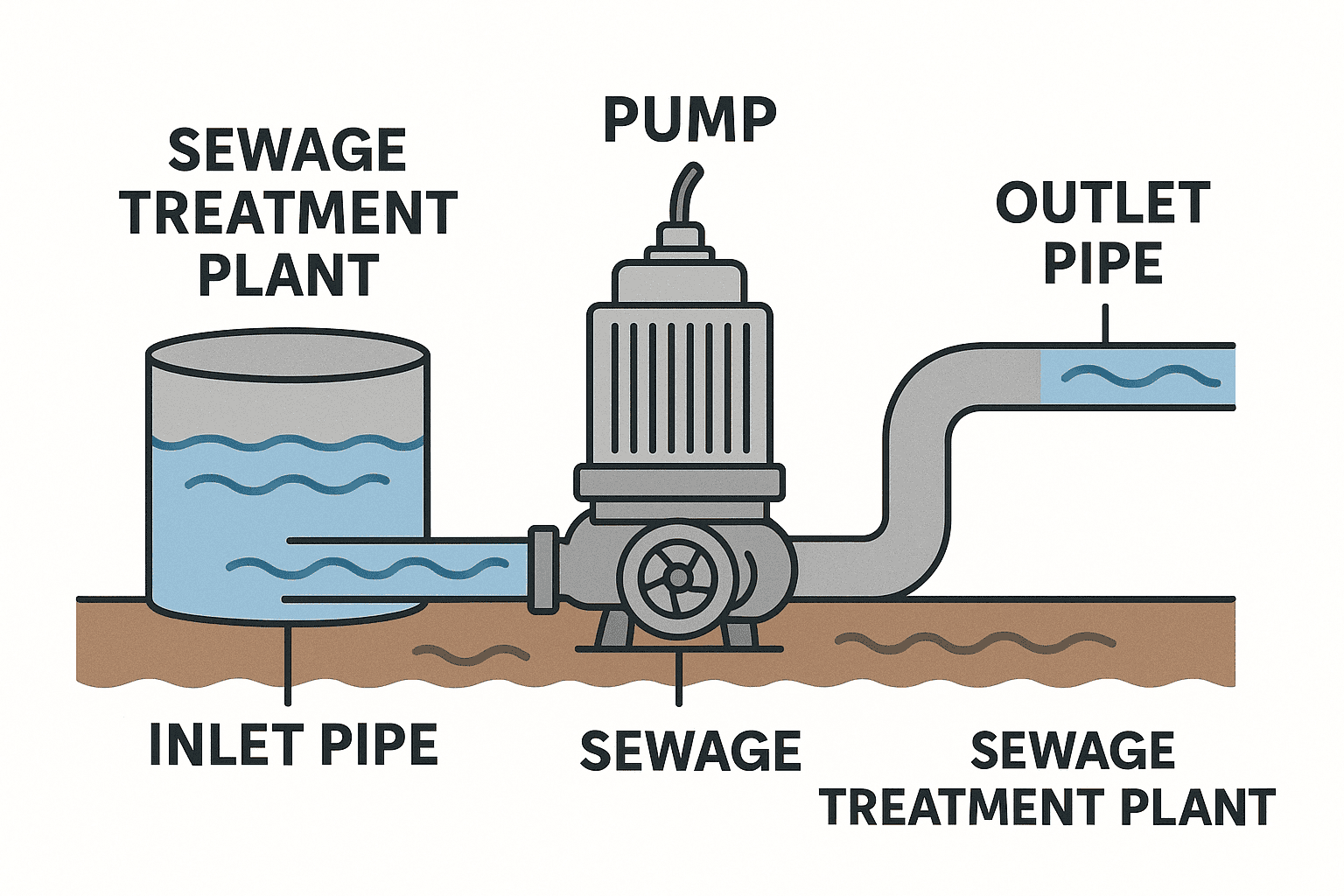The markets in which we operate are changing faster and faster. In this article we will explore this from the perspective of the “Electrical Appliance” market, and consider how markets develop over time.
Initially there were a number of third generation electrical radio manufacturers who started business by trading simple “radios”. So initially selling a very limited product range from a single location with a single cash transaction.
The UK electrical appliance market has undergone significant changes over the last twenty years. Here are some of the key trends:
- Shift to Online Sales: The rise of e-commerce and online shopping has led to a shift in consumer behaviour, with more people purchasing electrical appliances online. This has led to the decline of traditional brick-and-mortar stores, with many retailers closing down physical locations.
- Growth of Smart Home Technology: There has been a significant increase in the popularity of smart home technology, including smart appliances such as fridges, ovens, and washing machines. This has been driven by the increasing availability of affordable technology, as well as the convenience and energy-saving benefits that smart appliances offer.
- Energy Efficiency: There has been a growing emphasis on energy efficiency, with consumers looking for appliances that are more environmentally friendly and cost-effective to run. This has led to the development of energy-efficient technologies and regulations, such as the EU energy labeling scheme.
- Increase in Competition: The electrical appliance market has become increasingly competitive, with new players entering the market and established brands expanding their product lines. This has resulted in a wider range of products and prices for consumers to choose from.
- Decline in Small Independent Retailers: Over the last twenty years, there has been a decline in small independent retailers, with many unable to compete with larger, more established brands. This has led to a consolidation of the market, with a small number of dominant players.
The UK electrical appliance market has undergone significant changes over the last twenty years, with a shift towards online sales, growth in smart home technology, an emphasis on energy efficiency, increased competition, and a decline in small independent retailers.
How Markets Develop Over Time – The 1990’s
- Sales £15 million ; Rental £12 million
- Staff 120 in 34 Retail locations
- Service & Distribution 150 staff in 5 sites
- Head Office 40 Staff 1 site
| From 22 Specialist Electrical Chains | To 3 Specialist Electrical Chains |
| Comet, Currys, Radio Rental Laskys, Rumbelows, Tandy Miller Brothers, Powerhouse, Clydesdale bennets, Atlantis , Apollo 2000 etc |
Currys Richer Sounds Hughes |
Six Reasons For The Change From 22 electrical retailers to 3
- Supermarkets
- On Line
- margins
- Property Costs
- Power has moved from retailer to manufacturer
- Recession
Today things are a lot more complicated
- Sales £50 million ; Rental £20 million
- Staff 400 in 42 Retail locations
- Service & Distribution 300 staff in 5 sites
- Head Office 40 Staff 1 site
- Web Sales £24 million Web Rental £4 million – Staff 70 in 2 sites
- Trade B2B Sales £16 million rental £1 million Staff 70 in 2 sites
In summary – Shop activity falling, rental and trade growing. The level of complexity is increasing
- Geographical spread
- Channel spread
- Product breadth
- Skills breadth
Elements Of A Surviving High Performing Electrical Retailer
- Their culture puts people staff, customers and suppliers first
- Mission statement – to generate profits by inspiring customer loyalty through added value services
- Staff recruitment – choose those with “people skills” i.e emotional intelligence
- Continuous Staff Training is crucial
- With performance management empower the staff to set their target
- Create staff ownership – we have this problem what could we do.
For more information on how markets develop over time and business development information click here . To contact a Marketing and Sales Professional click here
Trading In A Highly Competitive Market
The brewing industry has seen major changes in recent years. The recent merger between two of the biggest brewers ultimately means that they will supply 1:3 pints. The classic case of the global giants stalking the world.
These global giants are just one factor that impacts on those who have been established for hundreds of years manufacturing sales.
At the opposite end of the spectrum are micro breweries who seem to form an a daily basis.
So for brewery companies who sit between the giants and the micro what’s the secret for success when trading in a highly competitive market.
Agility and attention to detail
Ensure clarity of purpose (of objectives)
- Categorically must first and foremost make great drinks that are loved by customers
- Need to create great new products (you cant just survive on the old products) need to be innovative and work on new products that will provide 25% plus of your revenue each year
Get back to basics
- Using quality ingredients and processes is a must (is your plant and equipment up to the job )
- Are you using sustainable locally sourced products and services (where possible)
- Focus on the processes – make sure you have the very best equipment
Plan backwards
- Many take last years figures and add a bit for future growth
- Need to envisage the future “where do we want to be” and work out if that looks right
Practice winning and continue to learn
- Firstly you need to get the product in the customers hand
- With staff
- don’t work on catching people out and reprimanding them
- work on catching people doing it right and rewarding them
- celebrate success
Little Things Matter
- Improve 100 things by 1% i.e. marginal gains and see a big difference
- What can you do that’s different but related that will help you to “build the story”
- For example if you had a pub in the countryside could you hire wellies so visitors could explore the surroundings if they were incorrectly equipped
Leadership
- its no longer the case of the leader being at the front charging ahead on their white horse
- Good companies are abundant with talent and the leader should be the conductor of this talent
Share your developments
- Can you store / manufacture / distribute etc your product differently
- If you come up with some great ideas could these technologies / advancements be utilised by your “special customers” . Thus further strengthening your relationship and helping you be seen as more than just a product provider
- Can you engage with suppliers, customers and staff to be actively involved in initiatives that will benefit all i.e. Tree planting or beach cleaning
Build A Strong Core
Commitment + Ownership + Responsibility = Excellence
Control The Brain
In simple terms the brain has three parts
- The front part for thinking
- The middle part for routine activities
- The back part which controls our emotions. This part is known is some circles as the “chimp” and it is important that as individuals you get to know the chimp. In most cases its best to keep the chimp asleep (for example its the chimp that causes road rage ) . The performance of top sports people is improved by having them work with sports psychologists. What can you do with your people to control their chimps and improve human performance
Manage Change
There are three key elements to committing to change
-
- Commit to being better
- Feel The pain
- Be minded to change
How Markets Develop Over Time
Over the last 20 years, the business sectors in the UK have undergone significant changes due to various factors such as technological advancements, economic shifts, and changing consumer preferences. Some key trends and transformations observed in different sectors are summarised below
- Technology and Digitalisation: The technology sector has experienced substantial growth, with the rise of digitalisation impacting various industries. The expansion of e-commerce, cloud computing, artificial intelligence (AI), and software development has led to the emergence of new businesses and job opportunities in sectors like fintech, cybersecurity, digital marketing, and software as a service (SaaS).
- Retail and Consumer Behaviour: The retail sector has undergone significant changes due to the shift in consumer behaviour and preferences. Traditional brick-and-mortar stores have faced challenges from the growth of online shopping, resulting in the rise of e-commerce giants like Amazon. There has also been a surge in the popularity of discount retailers and a move towards more sustainable and ethical consumption.
- Financial Services: The financial sector has seen considerable changes driven by regulatory reforms and advancements in technology. The 2008 financial crisis led to increased regulations and scrutiny, affecting banking practices. Fintech companies have emerged, disrupting traditional financial services by offering innovative solutions such as mobile banking, peer-to-peer lending, and digital payment systems.
- Energy and Sustainability: The focus on renewable energy and sustainability has intensified over the years. The UK has witnessed a significant shift towards cleaner energy sources, such as wind and solar power. This has led to the growth of renewable energy companies and the decline of traditional fossil fuel-based industries.
- Creative Industries: The creative industries, including advertising, film, music, and gaming, have experienced growth and diversification. The rise of digital platforms and streaming services has transformed the way content is produced, distributed, and consumed. Additionally, the UK’s creative sector has been recognised as a significant contributor to the economy. The rise of Ai will further transform the creative sector
- Healthcare and Life Sciences: The healthcare sector has undergone advancements in medical technology, pharmaceuticals, and healthcare services. There has been an increased focus on personalised medicine, digital health solutions, and the development of innovative therapies. The COVID-19 pandemic also brought attention to the healthcare industry, highlighting the importance of medical research and public health infrastructure.
- Manufacturing: The manufacturing sector has faced challenges due to globalisation and increased competition from emerging economies. However, there has been a shift towards advanced manufacturing and automation, with an emphasis on high-tech industries, such as aerospace, automotive, and robotics.
It’s important to note that these changes are broad trends and may not capture the full spectrum of developments across all sectors. The UK business landscape has been dynamic, influenced by both global and local factors, and will continue to evolve in response to future challenges and opportunities.
If you would like more information on how markets develop over time talk to specialist marketing consultant








